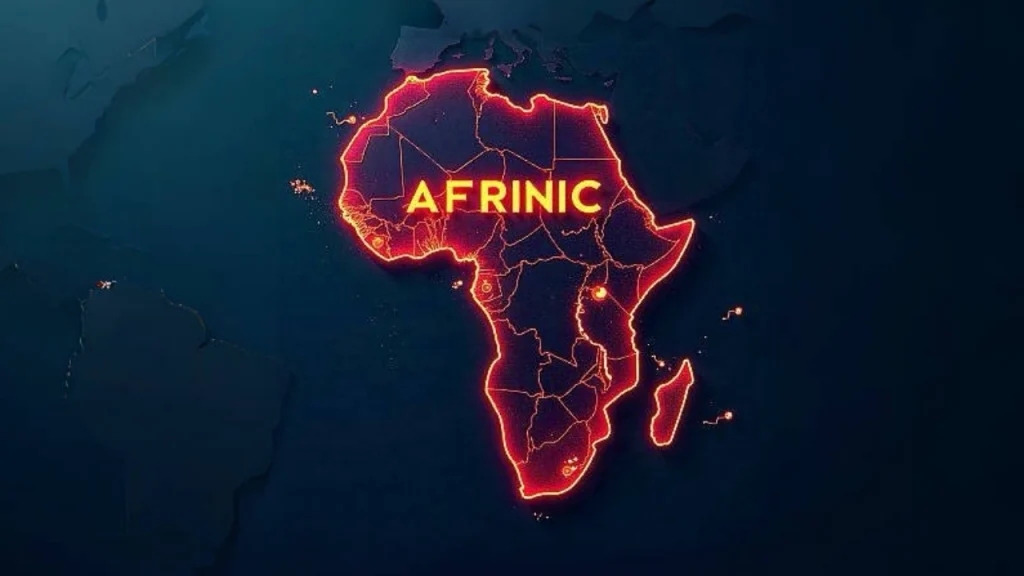- AFRINIC’s election process failed, undermining governance and creating a crisis for Africa’s IP resources.
- Mauritius government interference in AFRINIC’s governance raises concerns about political capture, exacerbating Africa’s internet governance failures.
The AFRINIC election crisis: A broken system
AFRINIC’s election crisis exposed the registry’s serious governance issues. The June election was cancelled due to a dispute over unverified proxy votes, which led to the invalidation of valid ballots. This September election revealed that AFRINIC’s governance system was fundamentally broken.
AFRINIC’s inability to conduct a fair election has created a lack of trust, leaving its future uncertain. The cancellation of the June election raised doubts about the registry’s capacity to function as Africa’s steward of internet resources. This crisis prompted Cloud Innovation Ltd., AFRINIC’s third-largest member, to call for AFRINIC’s dissolution. Cloud Innovation has argued that the registry’s governance has collapsed beyond repair. They are calling for ICANN and the NRO to immediately appoint a new Regional Internet Registry (RIR) for Africa to ensure stability in the region’s digital infrastructure.
Also read: AFRINIC election: Voter fraud uncovered as ECom member threatens to resign
Political capture and the role of Mauritius
Adding to the crisis is the increasing interference of Mauritius government, AFRINIC’s host country. Mauritius’ government has begun to exert more influence over AFRINIC’s internal decisions, even attempting to override court-approved election results. This raises concerns about political capture, where political forces manipulate AFRINIC’s operations to suit their interests. Such interference undermines AFRINIC’s independence and its credibility as a neutral body in Africa’s digital landscape.
The government’s actions have a direct impact on bottom-up internet governance—a principle that encourages regional autonomy and stakeholder participation. If Mauritius continues to assert control over AFRINIC, it could destabilise the entire ecosystem of African internet governance.
Also read: AFRINIC elections and Mauritius constitution: Law vs governance
The dangers of ICANN’s overreach
Another complicating factor is the role of ICANN, the global body responsible for coordinating the Domain Name System (DNS). ICANN’s growing influence in AFRINIC’s affairs, particularly through the ICP-2 compliance document, has raised alarms about its overreach. This document gives ICANN the authority to de-recognise regional internet registries like AFRINIC, a move that could undermine Africa’s self-determined governance.
ICANN’s attempts to intervene in AFRINIC’s election process have prompted backlash from critics who fear that the organisation is pushing its global agenda at the expense of regional autonomy. These actions are seen as part of a wider effort to extend ICANN’s influence over global internet governance, disregarding local needs and the principles of decentralisation.
By bypassing its multistakeholder processes, ICANN has raised concerns about its commitment to neutrality. Critics argue that such overreach threatens Africa’s ability to manage its digital resources independently.
Also read: Why AFRINIC needs certainty beyond Mauritius’ constitution
A necessary reset for African internet governance
The AFRINIC crisis, compounded by Mauritius’ political interference and ICANN’s overreach, signals a turning point for African internet governance. Cloud Innovation’s call for the dissolution of AFRINIC and the appointment of a new RIR is a necessary step to protect the continent’s digital future. Africa’s ability to manage its IP resources is at risk, and urgent action is required to restore trust in governance and ensure the sustainability of the region’s digital infrastructure.
The current crisis demonstrates the need for a reset in African internet governance. The solution lies in establishing a new, independent RIR that operates free from political and external interference. This step will safeguard Africa’s digital sovereignty and help the continent continue to build a resilient digital economy.

